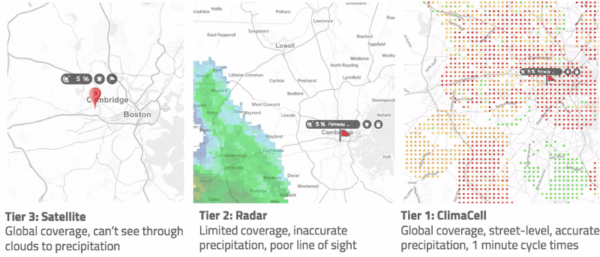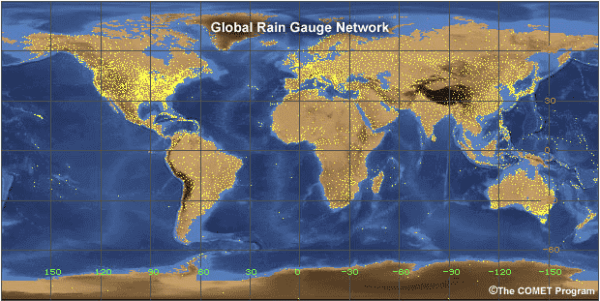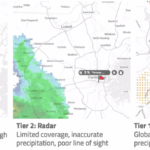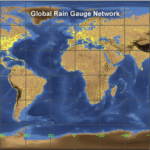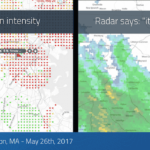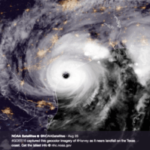10 November 2022, Sharm El Sheikh, Egypt Microsoft, in partnership with Tomorrow.io, the world leader in Weather and Climate Security, today announced a partnership to support governments, businesses, and farmers in Africa to adapt to the growing impact of climate change.
The collaboration will bring together the Microsoft Azure and Tomorrow.io’s proprietary weather intelligence technology to provide an innovative cloud-based solution for climate adaptation and early warnings, starting with African countries. The technology uses Tomorrow.io’s global coverage of near real-time data from its multi-sensor satellite constellation, together with an AI-powered, high resolution global weather model which will be deployed on Microsoft Azure’s High Performance Computing (HPC).
Microsoft and Tomorrow.io will partner with African governments, empowering existing meteorological agencies to deliver highly needed weather intelligence, early warning and climate information and become self-sustained organizations.
Kunle Awosika, Managing Director, Africa Transformation Office at Microsoft said “We are excited to collaborate with Tomorrow.io to bring climate adaptation solutions to Africa, where there is such an urgent need to address the effects of climate change. Technology has the ability to accelerate the transition beyond sustainability pledges to progress, and collaborations like these are needed to shift the momentum, to build a more sustainable future for all.”
“The time for climate adaptation is now,” said Shimon Elkabetz, CEO and Co-founder at Tomorrow.io. “It is encouraging that Microsoft is leading by example to prioritize getting the most advanced technology in the hands of those who need it most, and making access a priority above all else. We’re excited to bring this weather intelligence to Africa”.
Microsoft and Tomorrow.io are responding to the call for action from the United Nation Secretary-General, Mr. António Guterres, who said that, “Frightening heatwaves and other climate events emphasize our growing climate crisis. Closing the capacity on high-quality weather forecasts, early warning systems and climate information is essential to improve protection and build resilience”.
In this time of increasing food insecurity, enhancing the resilience and livelihoods for smallholder farmers is needed to drive increase agriculture productivity including reducing losses in food production chain. With the increasing impacts of more frequent extreme weather events, adaptation and resilience are of crucial importance to the food systems transformation.
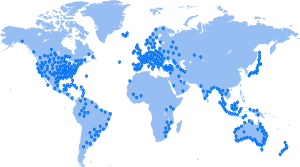
As the impact of natural disasters due to climate change is increasingly growing and is expected to become more frequent and volatile over the next few years, the need for reliable early warning systems is now higher than ever. Today, more than 5 billion people globally lack access to reliable and actionable weather information, mainly in countries around Africa and Asia. This poses a risk of diminishing crop viability, and reduced yields. Crop insurance, which commonly serves as the foundation to industry development, is not practical without trustworthy weather information at the field level.
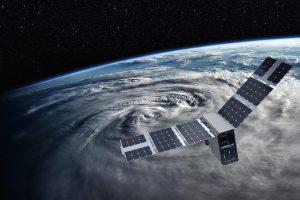
See How Weather Intelligence Can Revolutionize Your Operations

